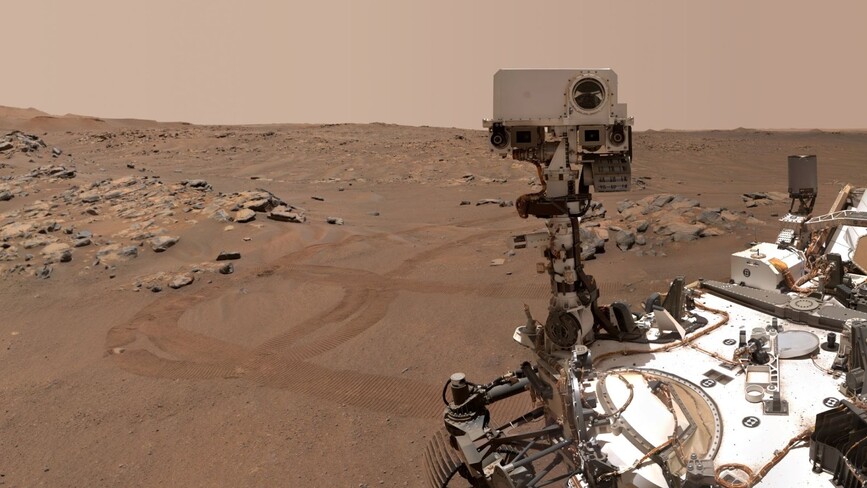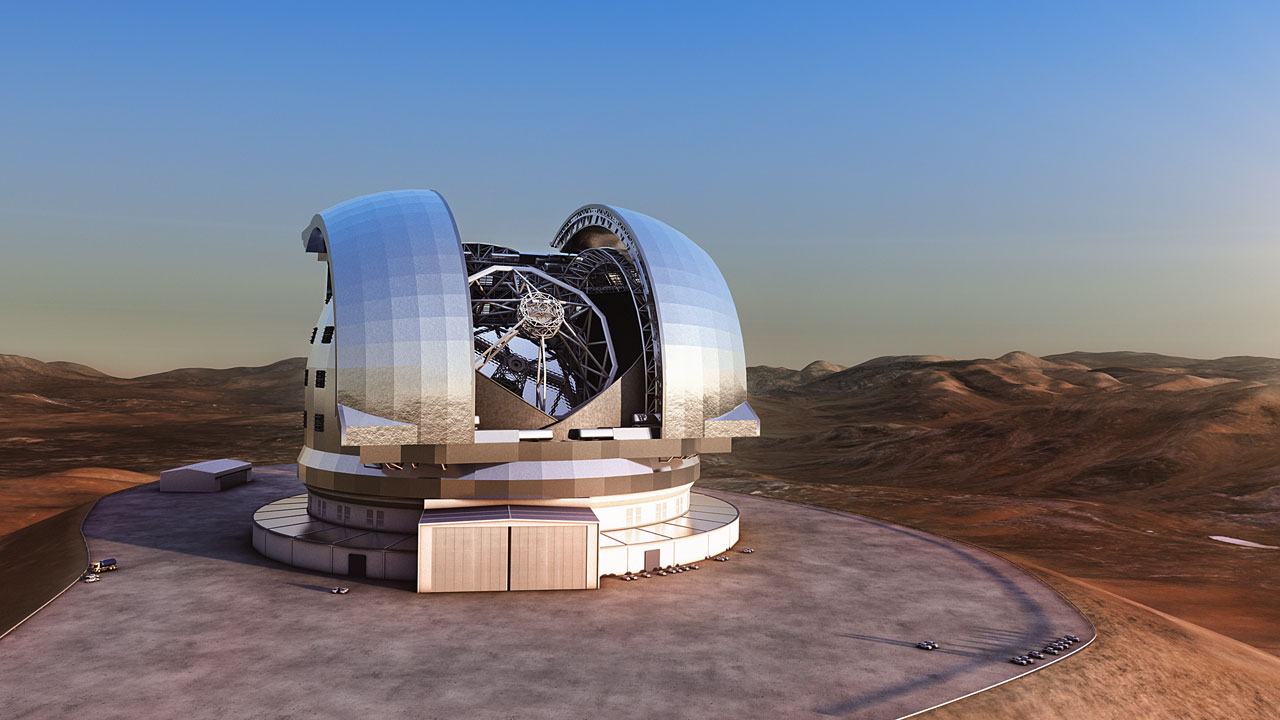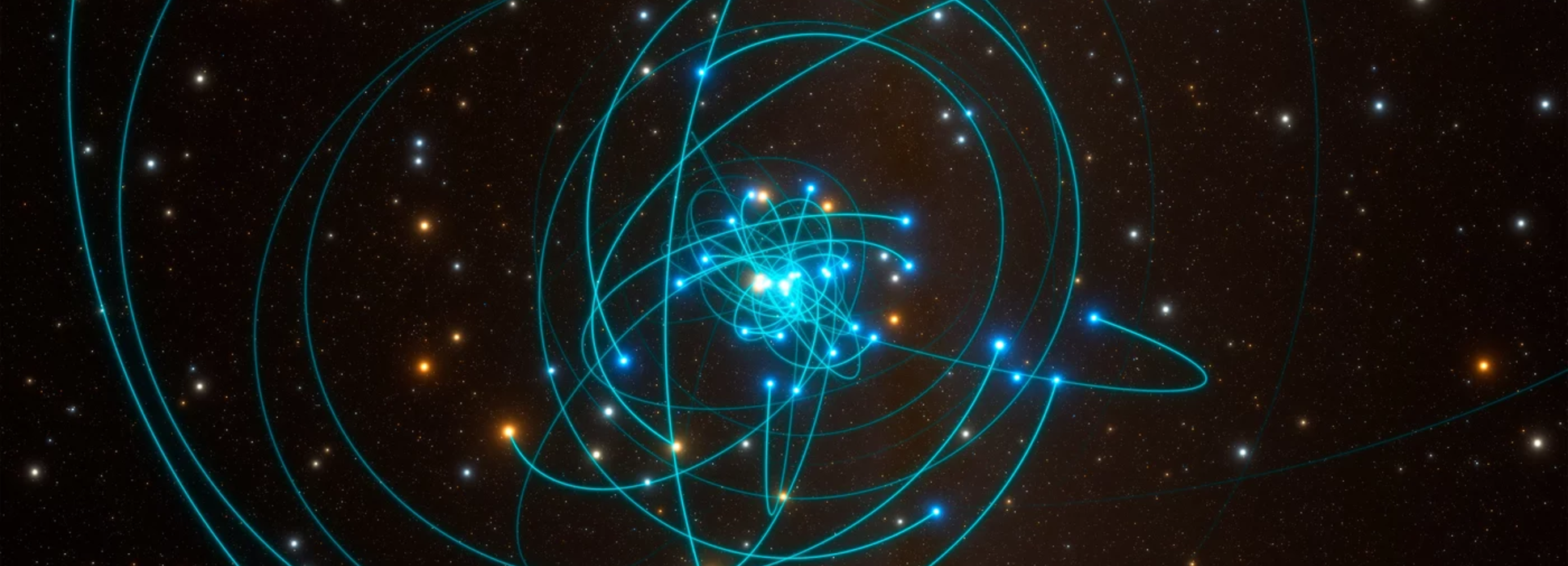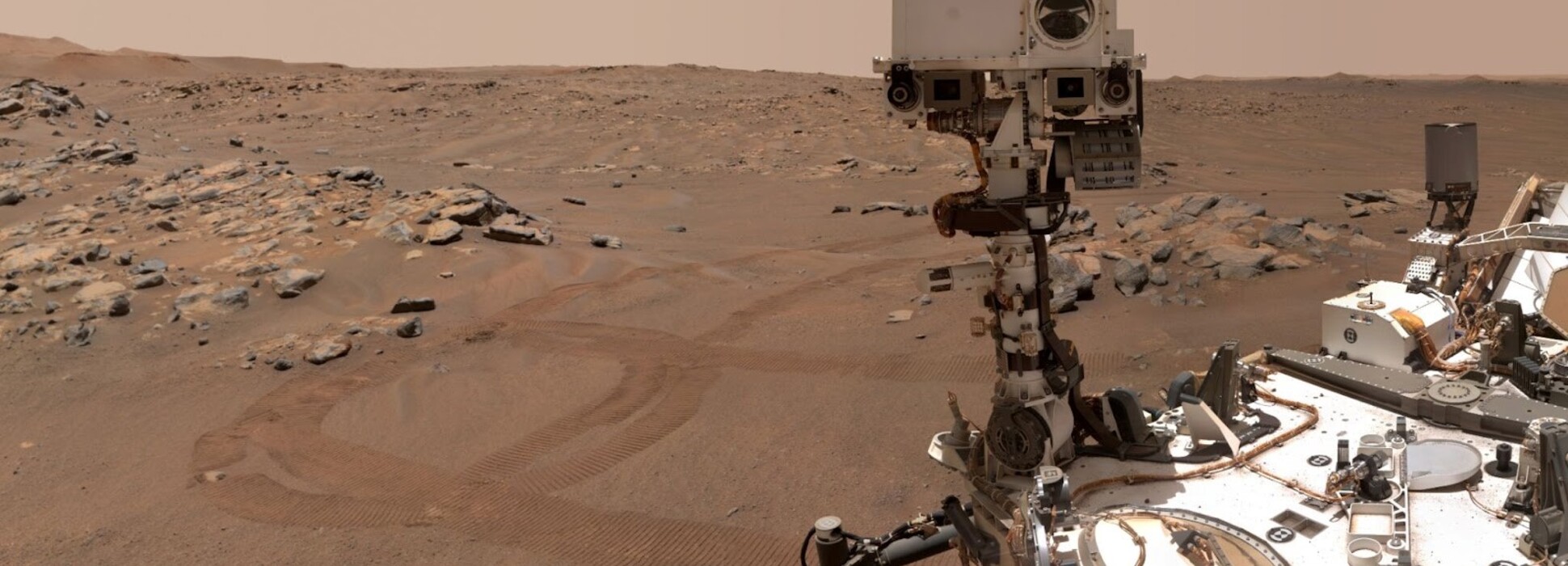
Austria and the ELT Event
Date: September 21, 2021

ESO/L. Calçada
A one-day meeting sponsored by the Academy of Sciences
The ESO Extremely Large Telescope (ELT) is a novel ground-based telescope concept with a performance that is orders of magnitude better than currently existing facilities. Equipped with the most advanced instruments, such a telescope may, eventually, revolutionize our perception of the Universe, much as Galileo's telescope did 400 years ago. The ELT will allow detailed studies of subjects including planets around other stars, the first objects in the Universe, supermassive black holes, and the nature and distribution of the dark matter and dark energy which dominate the Universe.
Austria joined ESO in 2009 and has since become a player in front-line research done with ESO telescopes. More importantly, Austrian astronomers and Austrian institutions are actively involved in the development of ELT Instrumentation, playing a leading role in both research and development. The Austrian effort has been sponsored by the Universities and the Ministry since Austria joined ESO. Six years away from ELT first light, it is a good time to review where we stand and plan for the final stretch.
What is the status of the collaboration with the various ELT consortia?
What are the strengths of the Austrian community?
Getting ready for ELT Science and optimization of ELT Guaranteed Time Observations
What are the funding priorities for the next 5 years?
The program will include presentations from Austrian astronomers and the ELT Instrumentation scientists.
Invited participants from Austria:
Rector of the University of Vienna
Vice-rectors for Research of the involved Austrian Universities
Dr. Daniel Weselka (BMBWF)
Austrian astronomers
From abroad:
ESO Director-General
ESO Instrument scientists
Instrument consortia leaders
Date: September 21, 2021
Further information on the date are following soon!
Program:Download
News
Fri, 20.05.2022 13:08
SCHULE & WELTRAUM
Ein Symposium anlässlich der Verleihung der NAEC-Preise für Vorwissenschaftliche Maturaarbeiten zu Astrophysik, Raumfahrt und Weltraumforschung.

Der forschende Blick zum Nachthimmel beschäftigt die Menschheit seit Anbeginn und hat seine Faszination nie verloren. Mit immer besseren und ausgefeilteren Teleskopen oder Satelliten blickt die Menschheit mit atemberaubender Genauigkeit und immer tiefer in die unendlichen Weiten denn je. Kaum eine Woche vergeht ohne spektakuläre Entdeckungen, sei es in der Raumfahrt, unserem Sonnensystem, der Milchstraße oder den tiefen Weiten des Universums.
Um diesen Themenbereich auch im Bildungsbereich von professioneller Seite unterstützen zu können, hat im Jahre 2020 die Internationale Astronomische Union das Office of Astronomy for Education, auf nationaler Ebene unterstützt durch National Astronomical Education Coordinators (NAEC Austria), ins Leben gerufen. Die österreichische NAEC Gruppe arbeitet hierfür eng mit der Österreichischen Akademie der Wissenschaften als nationale Trägerorganisation der IAU, der österreichischen Gesellschaft für Astronomie und Astrophysik (ÖGAA), sowie dem European Space Education Resource Office Austria (ESERO Austria) der Europäischen Raumfahrtbehörde ESA zusammen.
Die NAEC Austria Tagung „Schule und Weltraum 2022" bringt Schüler*innen, Pädagog*innen und Wissenschafter*innen zusammen, und bietet eine Plattform um Informationen zur aktuellen Forschung, Citizen-Science Projekten und zu Projekten für Schulen auszutauschen und Kontakte zu knüpfen. Darüber hinaus werden im Rahmen dieses Symposium Preise für die besten Vorwissenschaftlichen Arbeiten (AHS) bzw. Diplomarbeiten (BHS) aus den Themenbereichen Astronomie, Astrophysik, Weltraummissionen und Raumfahrt vergeben.


